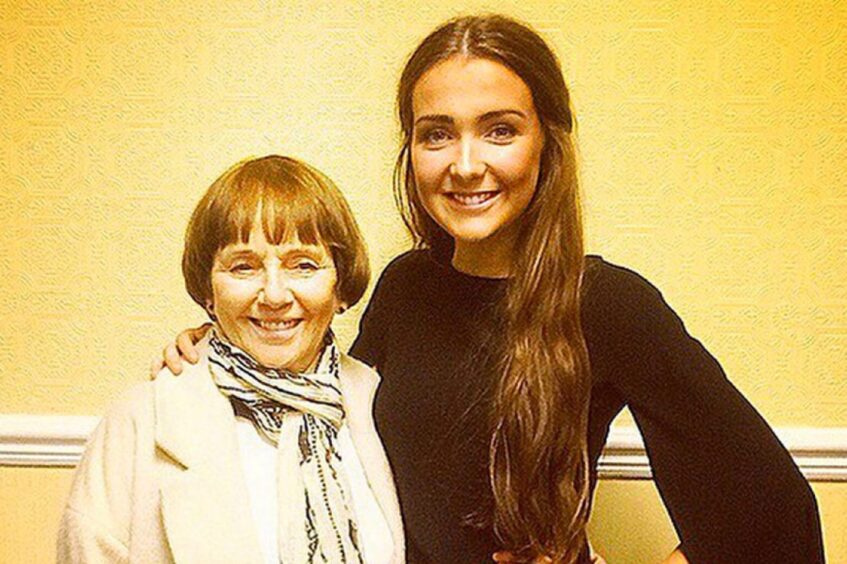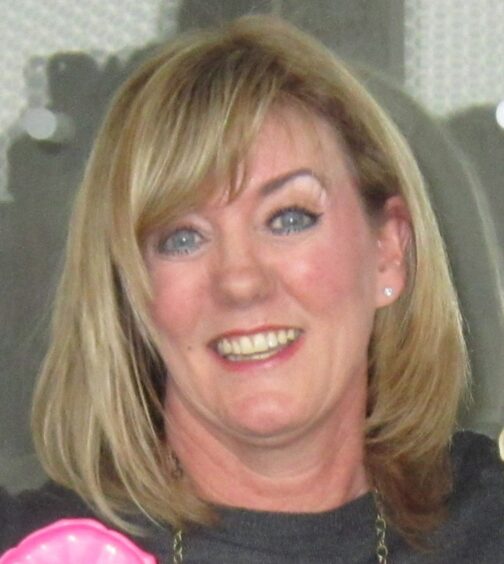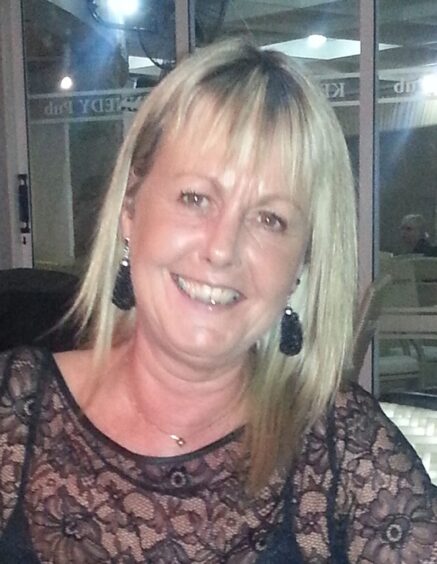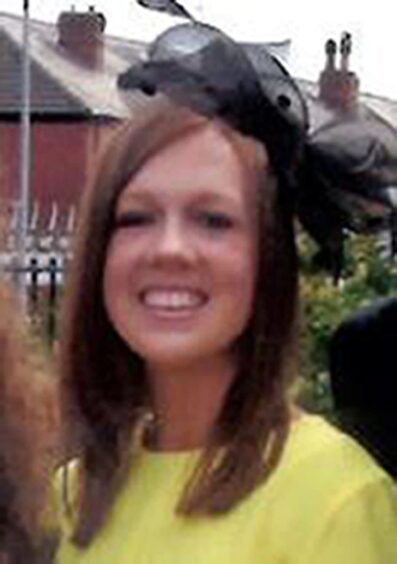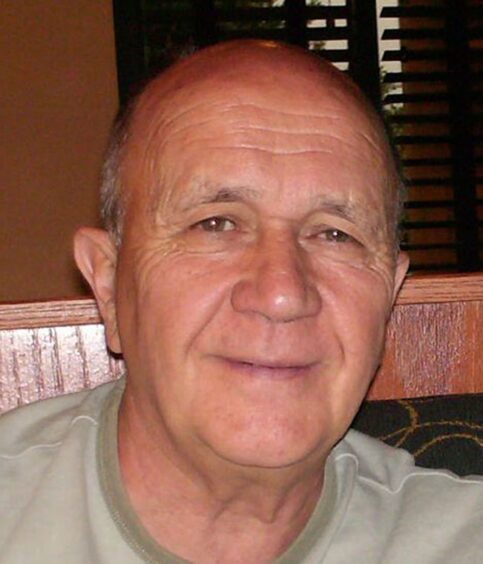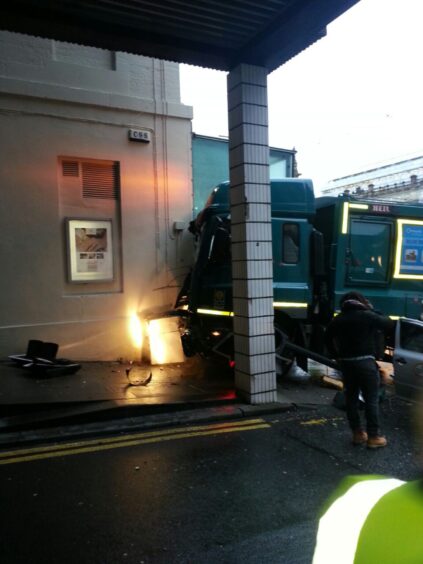
Ten years on from the devastating Glasgow bin lorry crash that brought death to pre-Christmas crowds, witnesses and rescuers have broken their silence to tell how they are still affected by it.
The tragedy happened when driver Harry Clarke collapsed at the wheel of a council bin truck, causing it to mount a pavement where it hit and killed six pedestrians and injured 15 others.
The accident, in the city’s Queen Street, happened on an afternoon when the city was full of Christmas shoppers, just yards from the annual winter carnival in George Square.
Those killed were Jack and Lorraine Sweeney, 68 and 69, and their 18-year-old granddaughter, Erin McQuade, from Dumbarton, along with Stephenie Tait, 28, Jacqueline Morton, 51, both from Glasgow, and Gillian Ewing, 52, from Edinburgh.
Now some of those who witnessed those terrible events have spoken to The Sunday Post, recounting their experiences and revealing the long-term effects it has had on them.
‘It was such a horrible day’
Hannah Johnstone, now 29, had travelled into Glasgow to meet friends for some last-minute Christmas shopping, and had just stepped out of a nearby cafe when tragedy struck.
She said: “I was just heading to meet a friend and then all of a sudden there was this crash.
“I had seen the lorry coming and turned away for a second and the next there was just a loud bang and then it just hit the pavement.
“I couldn’t believe it. Then there was just a lot of screaming and people were making their way over and trying to help.
“I was in shock. It was such a horrible day and although it was a long time ago now, I can still remember it.”
Frances Thomson was manager at Bank Fashion in Buchanan Galleries. She said: “We were very busy with it being the lead up to Christmas but all of a sudden it was quiet in-store and very strange. We could hear the sirens and looking out the door of the store there was lots of commotion
“I walked down to see what was going on and there were injured people lying on the ground and screaming. It was horrible.
“We had an entrance at the side of the galleries for our store and two paramedics came through our store with a lady crying between them.
“We still didn’t really know what had happened. One of the security guards told us there had been a crash and lots of people had been injured.
“We realised how serious it was at that point, my team were really upset.”
In the days that followed, thousands of people made their way to George Square to lay flowers and pay their respects to those who had died.
The inquiry
A year later, a Fatal Accident Inquiry found that the tragedy could have been avoided if Clarke had not “repeatedly lied” about his history of blackouts. It concluded that he deliberately misled doctors over his medical history and said that eight “reasonable precautions”, all related to his medical past, could have prevented the tragedy.
The inquiry heard Clarke had a history of dizziness and fainting going back 40 years and found he misled three doctors about an earlier episode when he blacked out while he was a bus driver in Glasgow in 2010. He also concealed information when he applied to join Glasgow City Council as a minibus driver and a year later when he applied for promotion.
The families of the victims felt let down by the justice system when the Crown Office made the decision not to prosecute Clarke.
They launched a private prosecution, but judges rejected it.
Clarke wrote a letter to the BBC saying that he was “sorry”.
He wrote: “I understand that the impact of this event on me is irrelevant when compared to the loss that the families of the victims have suffered.
“I wish to unreservedly apologise for my role in this tragic event.”
An out of court settlement of £800,000 was reached between Glasgow City Council and the victims’ families.
In a separate incident, Clarke, was found guilty after admitting culpable and reckless driving in court months after the bin lorry crash.

Enjoy the convenience of having The Sunday Post delivered as a digital ePaper straight to your smartphone, tablet or computer.
Subscribe for only £5.49 a month and enjoy all the benefits of the printed paper as a digital replica.
Subscribe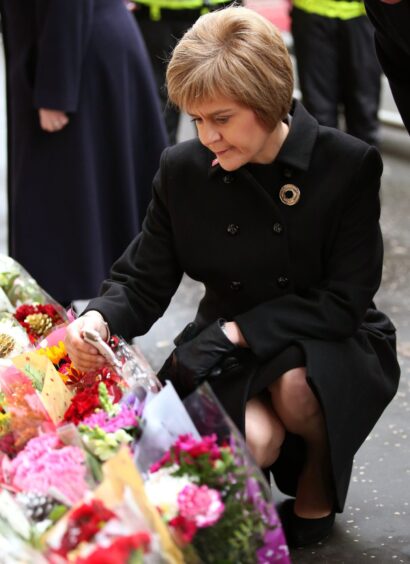 © PA
© PA